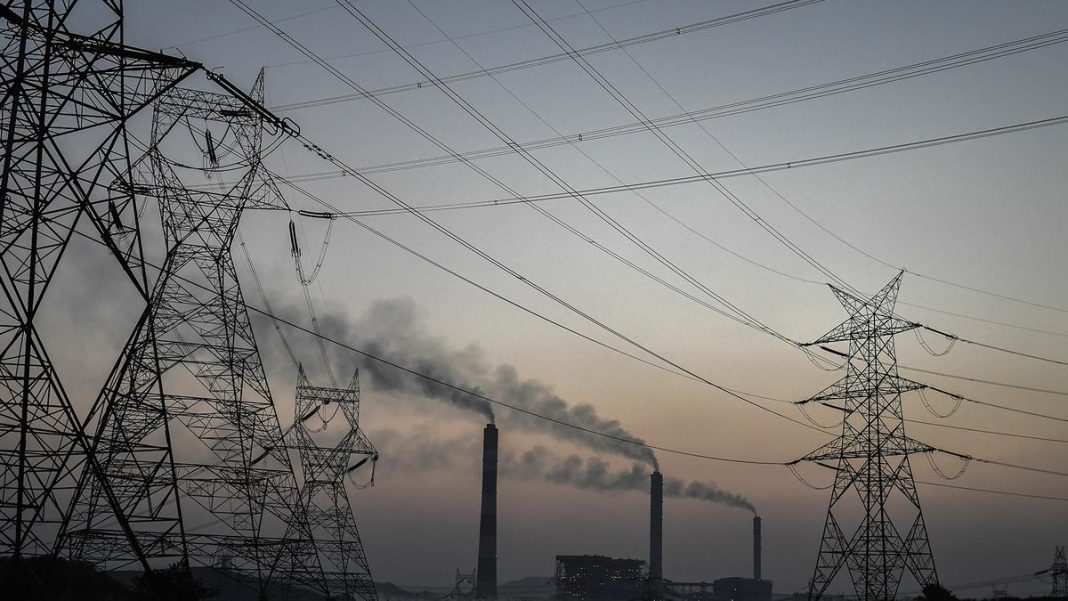UN Report: Global Emission Cuts Fall Far Short of Paris Agreement Goals
A new UN report reveals that current national climate pledges will only reduce emissions by 17% from 2019 levels by 2035—far below the 57% cut needed to limit global warming to 1.5°C. The findings come just weeks before the crucial COP30 climate summit in Brazil.
Key Takeaways
- Countries are on track for just 17% emissions reduction by 2035 vs. 2019 levels
- Paris Agreement requires 57% cut for 1.5°C goal, 37% for 2°C limit
- Only 64 of 190 countries have submitted updated climate plans
- India among major nations yet to submit new commitments
Incomplete Picture of Global Efforts
The UN synthesis report, released October 28, 2025, analyzes updated nationally determined contributions (NDCs)—national pledges to cut fossil fuel emissions and expand carbon-absorbing forests through 2035. However, with only one-third of countries submitting plans, the report offers a limited view of global progress.
“The NDCs it synthesises represent around one-third of global emissions,” acknowledged UN Climate Change Executive Secretary Simon Stiell.
Beyond Emissions: Growing Focus on Adaptation
While climate talks typically emphasize emission reductions, 73% of new NDCs now include adaptation components—measures to cope with climate impacts like natural disasters, sea level rise, and coastal erosion.
“All NDCs go beyond mitigation to include elements, inter alia, on adaptation, finance, technology transfer, capacity building and addressing loss and damage, reflecting the comprehensive scope of the Paris Agreement,” the report states.
Projected Emissions and Financial Needs
Implemented NDCs would result in 13 billion tonnes of CO2 equivalent emissions in 2035—a 6% improvement over previous pledges but insufficient for climate targets.
Afforestation, reforestation, and solar energy expansion require the most financial support. Climate action overall needs trillions in funding, with several countries announcing domestic initiatives including tripling renewable capacity by 2030 and expanding carbon capture technology.
Cautious Optimism from UN Leadership
“While we caution against drawing global conclusions from this report, it still contains some green shoots of good news: countries are making progress, and laying out clear stepping stones towards net-zero emissions,” said Stiell, noting that some nations have historically exceeded their climate targets.




